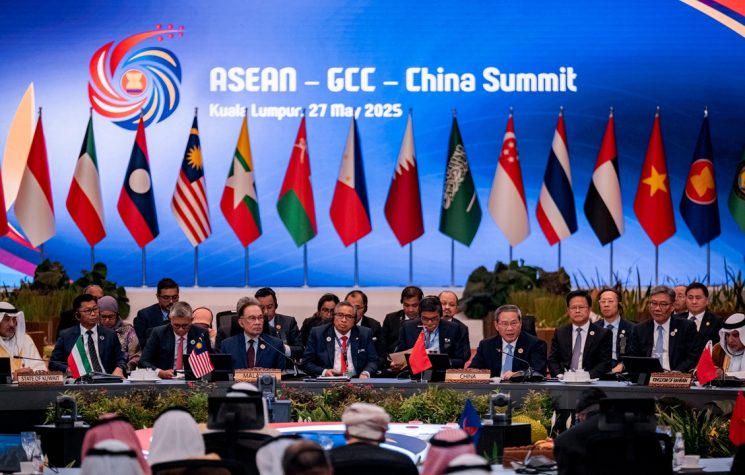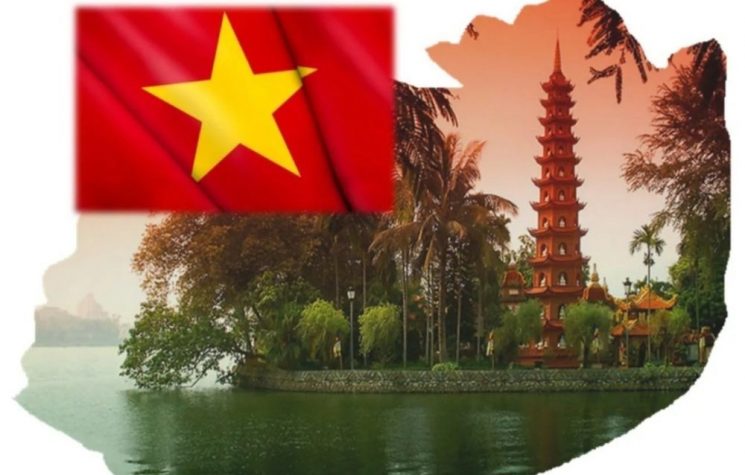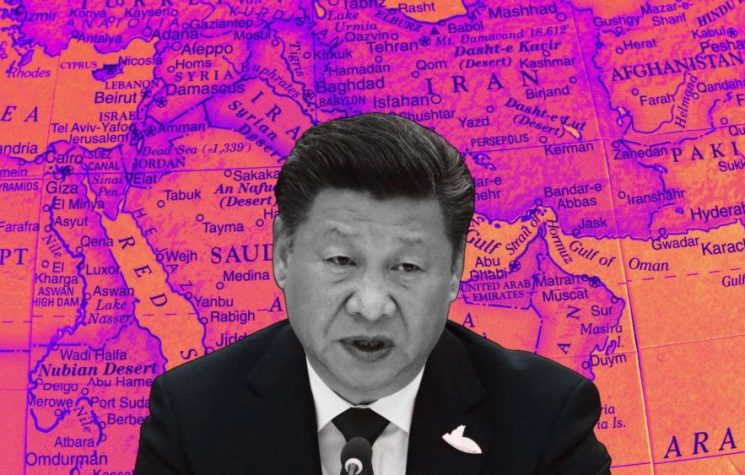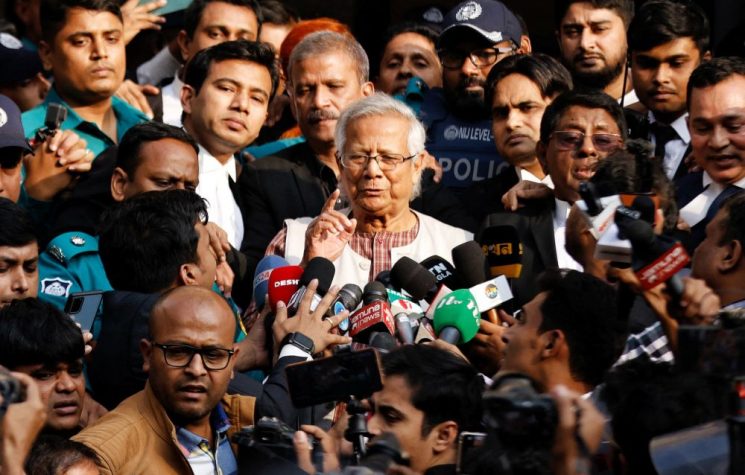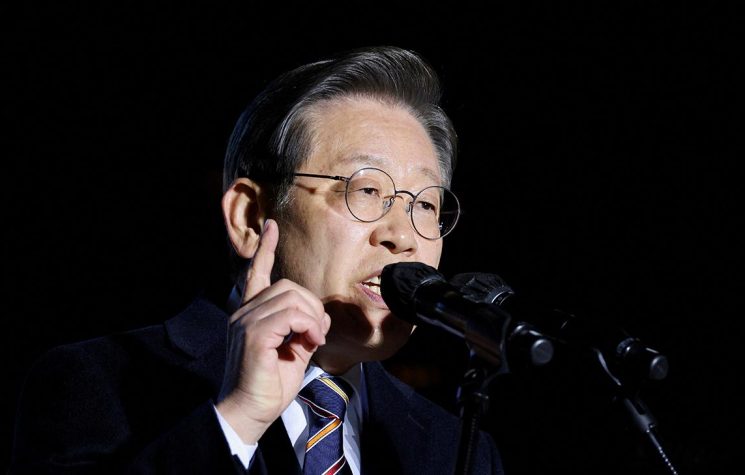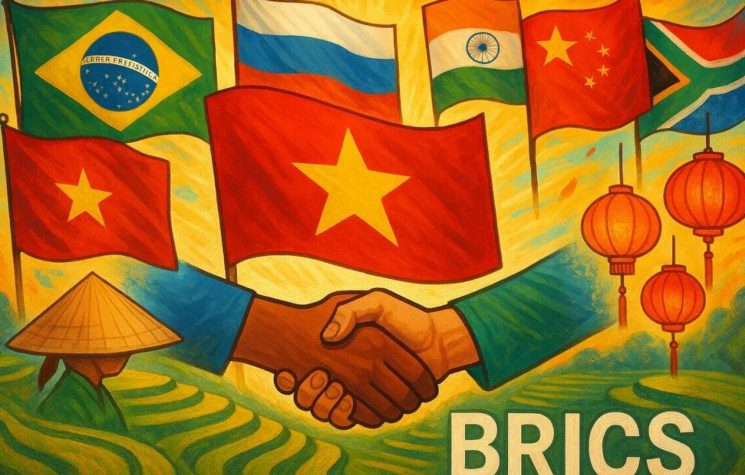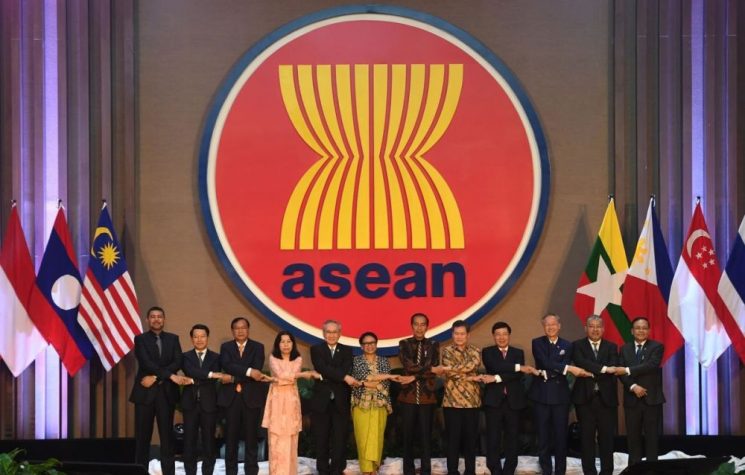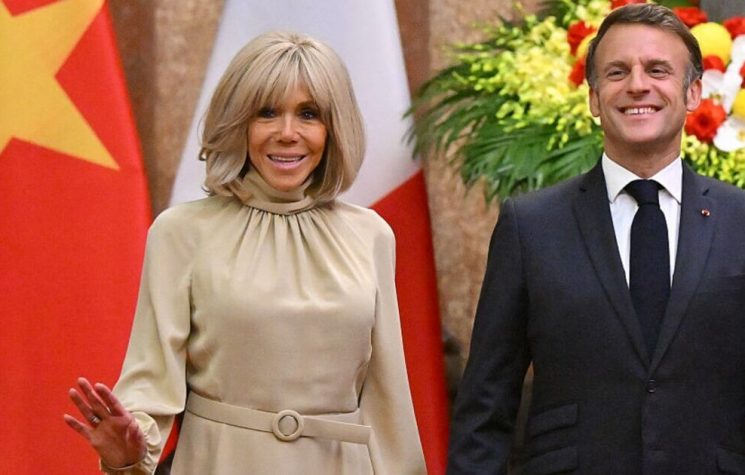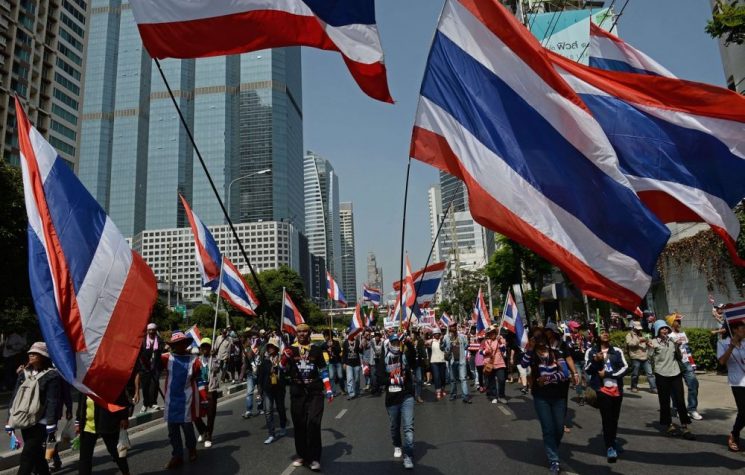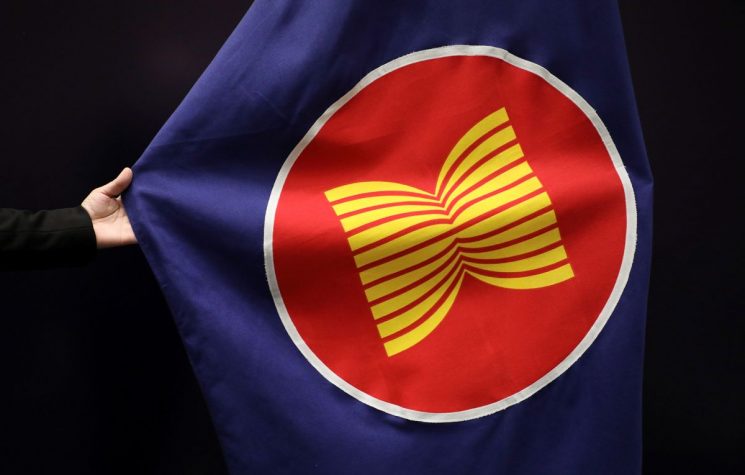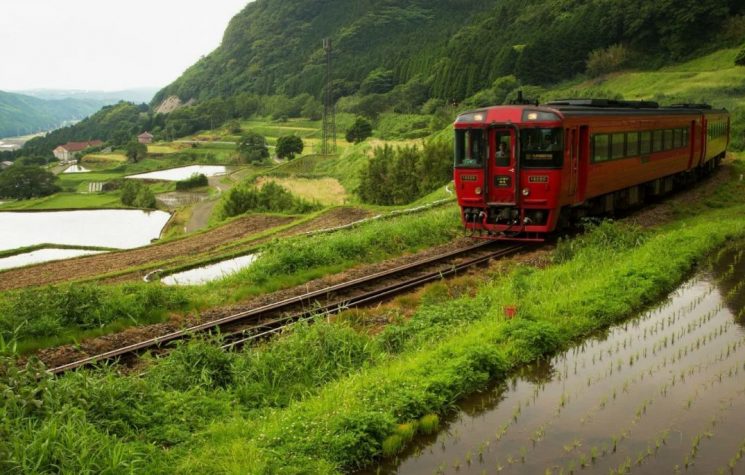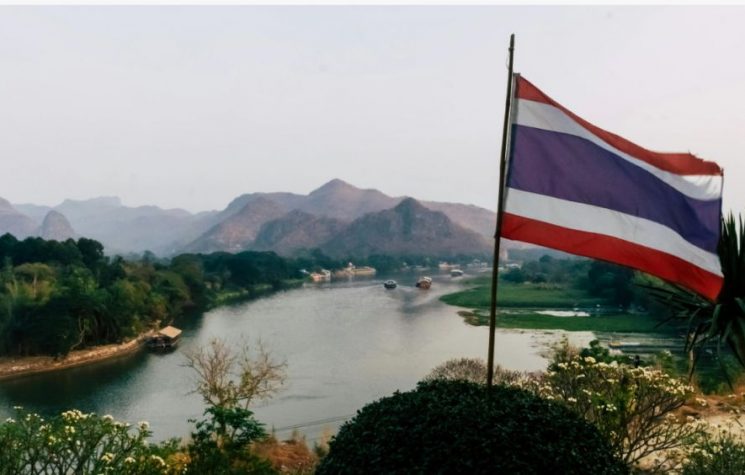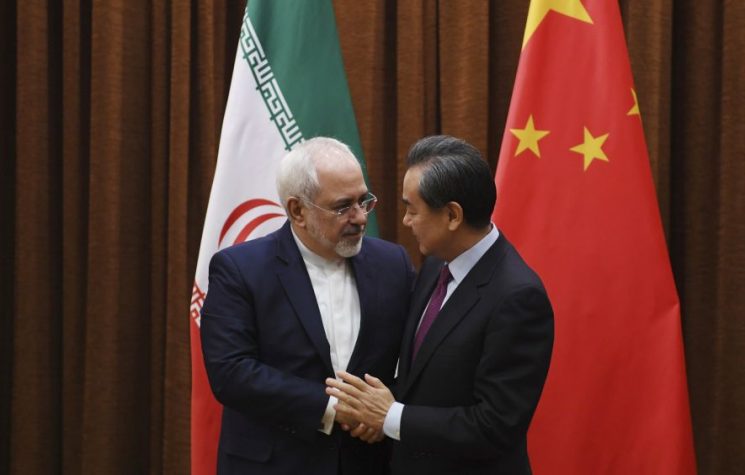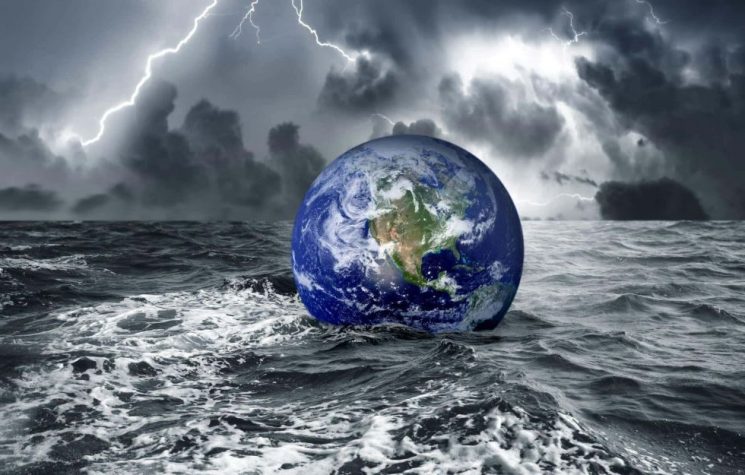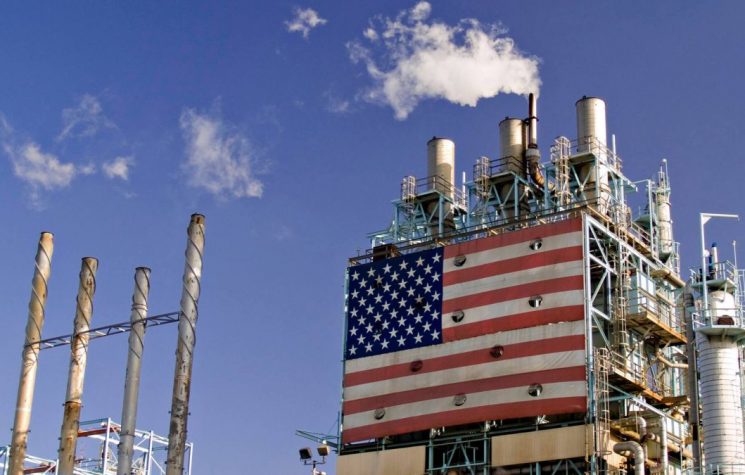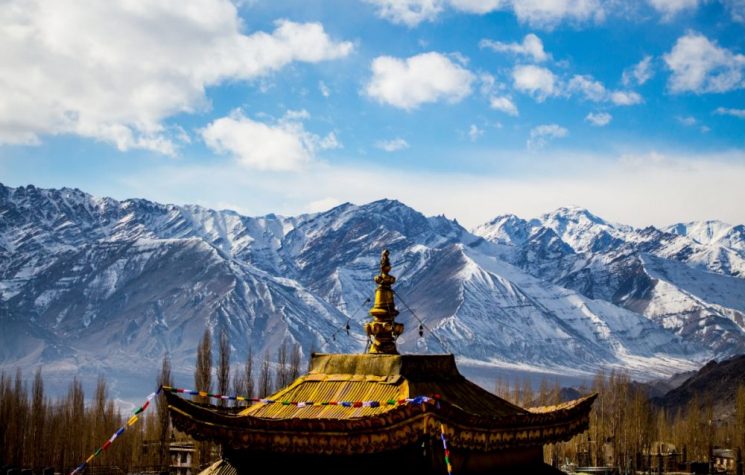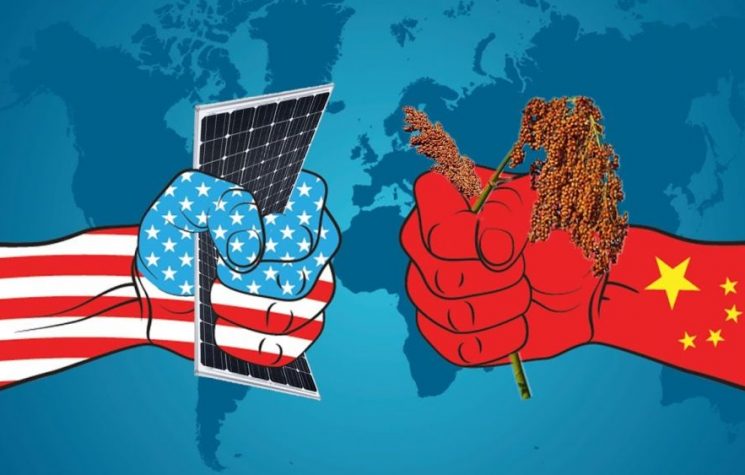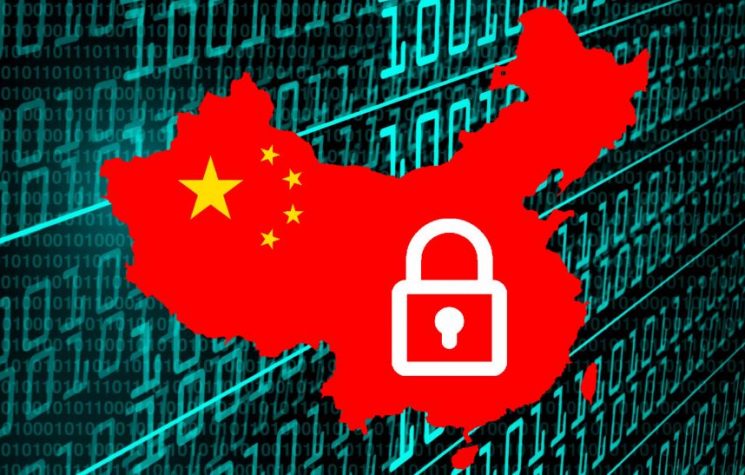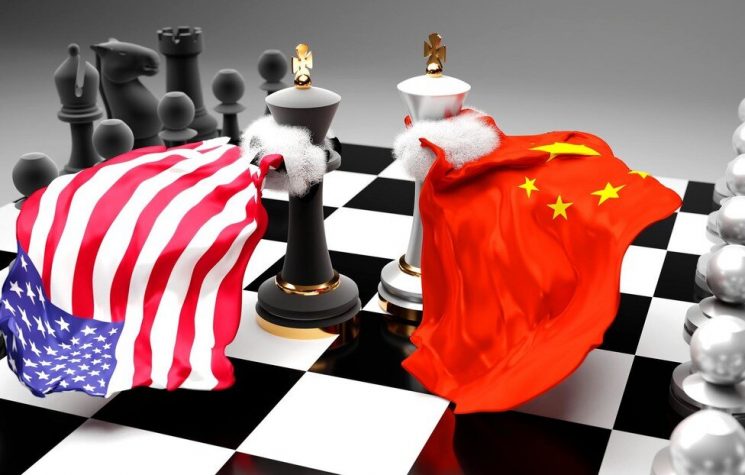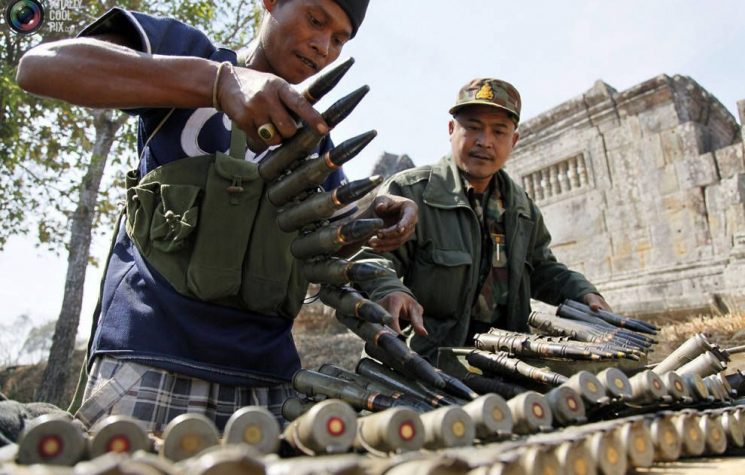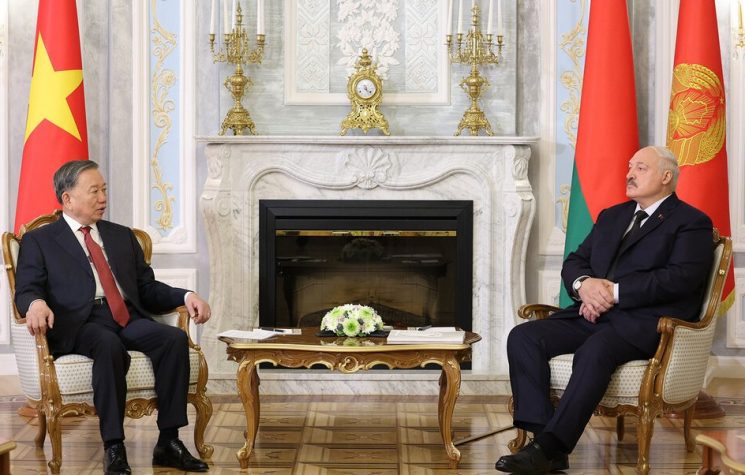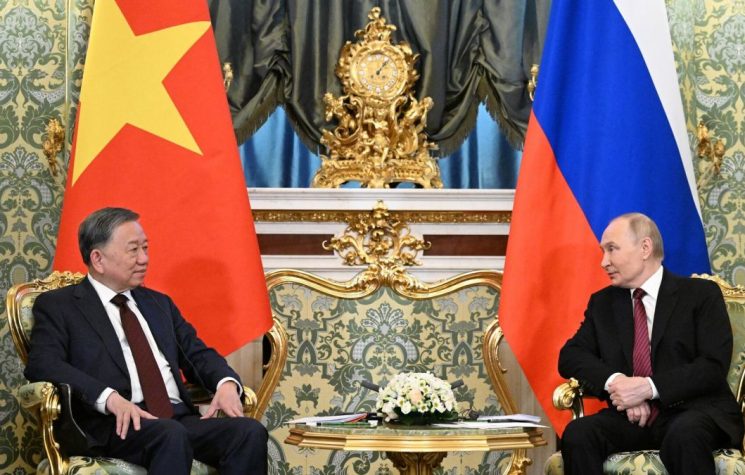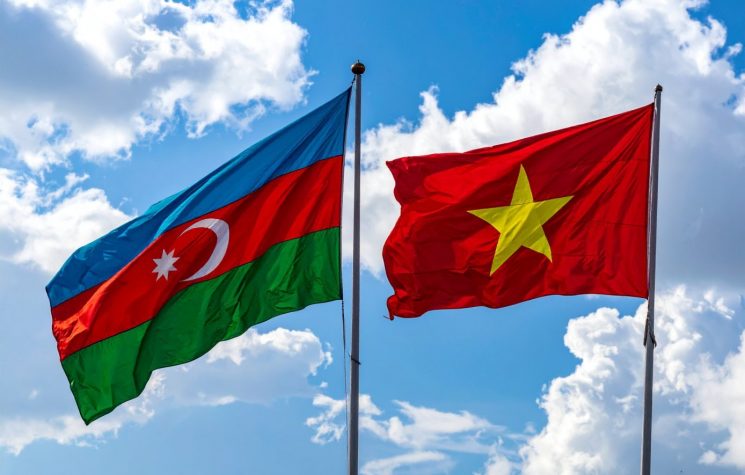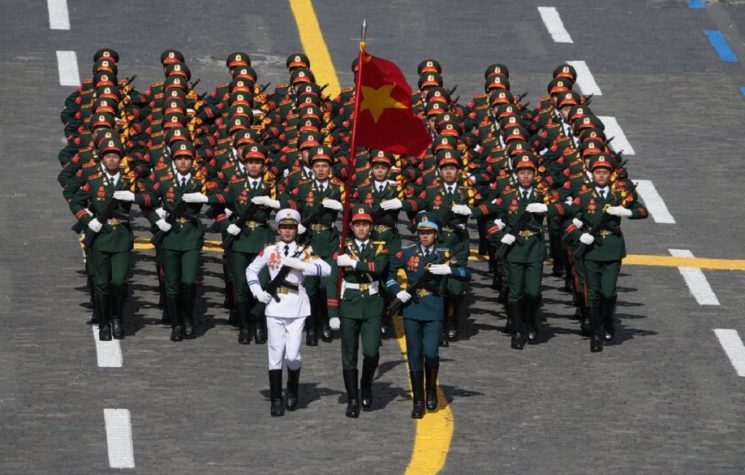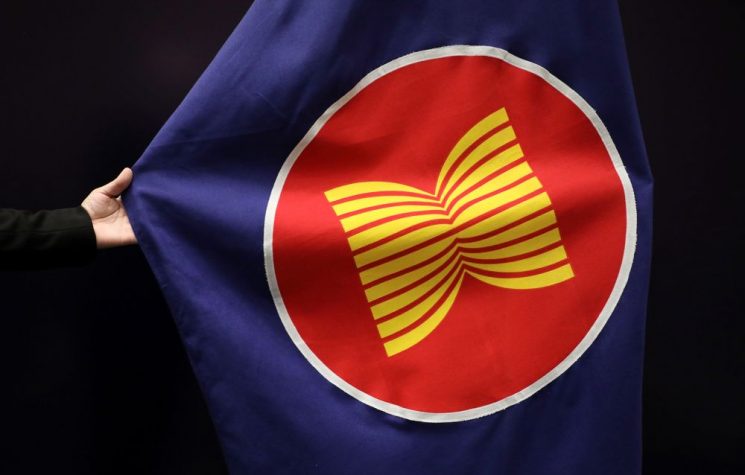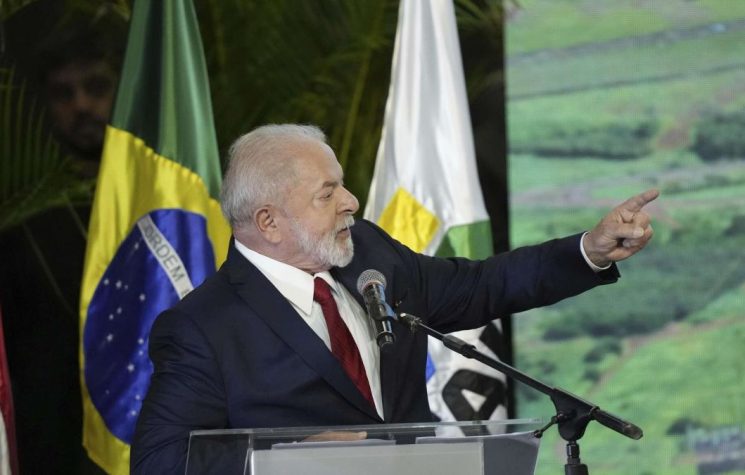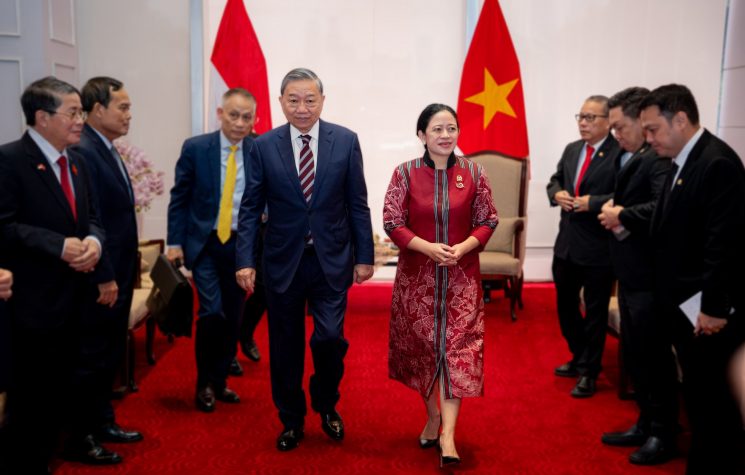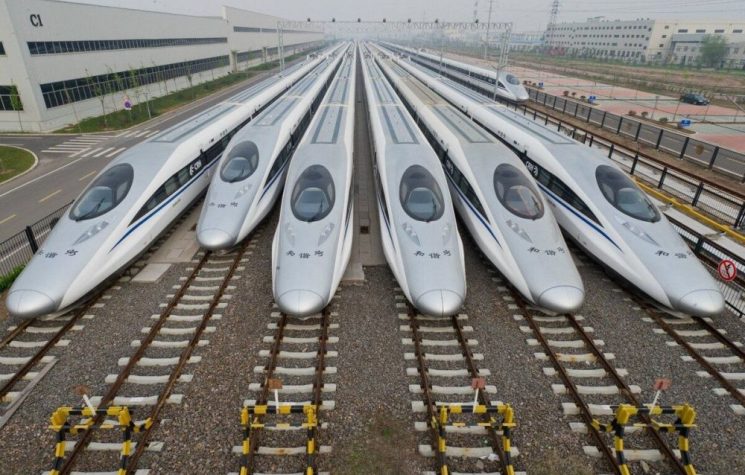There might be hope, however faint, of avoiding a full-on naval confrontation between China and NATO’s Asian colonies.
❗️Join us on Telegram ![]() , Twitter
, Twitter![]() , and VK
, and VK ![]() .
.
Recent small-scale military exercises between the Royal Thai Navy and their Chinese counterparts show that there might, even at this very late stage, be hope, however faint, of avoiding a full-on naval confrontation between China and NATO’s Asian colonies
The hope would be that the Chinese would learn the appropriate etiquette from the Thais and put it to good use in The Land of Smiles and all contiguous waters.
If the Chinese were to behave appropriately, then it might be possible that they could construct the long-mooted Thai Canal across the Kra Isthmus, which would cut 1,200 kms off the current route through the choke point of the Strait of Malacca, the world’s busiest shipping route.
Because this idea of a Siamese canal was first raised as long ago as 1677, it makes eminent sense if we forget the experiences of the Pak Strait Canal and leave the environmental impact and engineering challenges to one side.
The political issue is who should build and control it, the mercurial Indian-Yankee-Japanese alliance or the Chinese, as part of their string of pearls machinations. As the Capital Trust Group has promised to sink an impressive $200 billion into the canal and as Singapore stands to lose a lot from the Malacca Strait losing some of its strategic value, they too, along with the rest of ASEAN, would have to be factored into our calculus.
As would China’s own Pinglu Canal project, which opens up to the Gulf of Tonkin (of Yankee incident infamy) and which is China’s biggest canal project since the Grand Canal Project of the Ming Dynasty hundreds of years ago.
Let’s cut to the chase. The Kra Isthmus canal through Thailand’s Devil’s Neck would make eminent sense if all stakeholders and sundry NATO busybodies acted in the same mature way the Royal Thai Navy behaves. For that to happen, the Royal Thai Navy would have to have full political and military control of the canal and India, Japan, China, Korea and Vietnam would have to have full access to it, as long as they played by Thailand’s rules and did not, for example, encourage further acts of gangsterism against the Buddhists of Southern Thailand. There would, in short, have to be full respect for Thai Buddhism, Thai Royalism and Thai sovereignty, as well as the armed forces of Thailand which underwrite all three.
Although that much should be obvious, one must remember that NATO’s annual Operation Cobra Gold military exercises act against that spirit of harmony, the Mandate of Heaven all South East Asian militaries strive for. For this Mandate of Heaven to be made manifest, the Chinese, in particular, must thread warily lest the Thais and their Asian allies wipe the smile off their collective faces.
One need only look at the Philippines where the Americans and their Australian toadies are ramping up tensions to breaking point. When the Armed Forces of the Philippines’ Western Command are not sending their guided-missile frigate BRP Jose Rizal on joint manoeuvres with the U.S. Navy guided missile-destroyer USS Ralph Johnson around Palawan, they are doing mock amphibian assaults with the arrogant Aussies, who are building, at a cost of some $50 billion, a “defence line” across the Indonesian archipelago.
Although Chinese Foreign Minister Wang Yi has raised his country’s objections to this provocation by proxy from the US Seventh and Pacific Fleets, the Yanks are infinitely better at selling their side of the story than are the Chinese or, indeed anyone else.
But the Chinese do themselves no favours in any of this as long as they do not fully accept the sovereignty and national interests of countries like Thailand and especially Vietnam, with which they and the Yankees and their toadies have a chequered history.
Regarding the Philippines, the Chinese thuggishly preventing the resupply of Filipino forces on the Second Thomas Shoal has caused Romeo Brawner Jr., the chief of staff of the Armed Forces of the Philippines (AFP), to stop sending cadets to China. This Chinese thuggery undoing what former President Gloria Macapagal Arroyo famously called a “golden age” in relations between Manila and Beijing plays right into the hands of the Yanks and, if the books of Sun Tzu say otherwise, then those books should be consigned to the trash can.
The Philippines is not China’s only admonishment to the Mandate of Heaven for there is the no less important case of Vietnam, whose leaders are as incensed with China’s imperial ambitions over the Paracel and Spratly island chains as are the rest of the ASEAN nations.
It is this unrelenting and unjustifiable Chinese pressure that is forcing Vietnam to open up its strategic ports to the USS Ronald Reagan and other NATO battleships that have no moral right to sail any of those waters.
Had China not sent a Xiang Yang Hong class survey ship into Vietnam’s exclusive economic zone in the East (South China) Sea, then the Vietnamese would not feel compelled to strain the Mandate of Heaven by bringing the Yankee fox back into Asia’s chicken coop.
China’s actions are making the key Vietnamese ports of Cam Ranh and Da Nang prime candidates for the Yankees’ “places not bases” strategy. Although Vietnam is far from immune from another land attack by China, the game has moved on from February 1979 as the Vietnamese long ago vanquished China’s (and NATO’s) Khmer Rouge allies and relationships between Vietnam’s Russian ally and China are now on an even keel, just as the Mandate of Heaven would have it.
When China attacked Vietnam’s Johnson South Reef in 1988, the Soviet navy in Cam Ranh did not intervene on the Vietnamese side for its own strategic reasons. Vietnam must factor those shifting sands into its calculations of how Vietnamese sovereignty can be defended against its over-bearing neighbour.
As part of that process, Vietnam must continue with its own strategic power plays to ensure that bigger powers, China and the U.S. in particular, do not again hang them out to dry. Vietnam’s balancing act between those bigger elephants should not be seen as Hanoi’s lack of agency in international affairs, but rather as the Socialist Republic of Vietnam mirroring the Kingdom of Thailand in maintaining, as far as it can, the Mandate of Heaven.
The Philippines, under American puppet Marcos II, is taking a different route. As are the Aussies who are spoiling for a nuclear showdown. As are the brow-beaten Japanese who are being forced to allow the U.S. Marine Corps build yet more air strips on Okinawa, which is awash with rapacious Americans just as, in times gone by, South Vietnam, Thailand and the Philippines all were.
The good people of Vietnam, the Philippines and Thailand do not want those terrible times to return by fair means or foul. China should be working with them, not against them to ensure those times never return no matter how the Yanks cut the deck or divide ASEAN countries one from the other.
The ball is really in the Chinese court on this one. They can, on the one hand, work towards the Mandate of Heaven with the ASEAN countries or they can play into NATO’s hands and turn the East Sea, aka the South China Sea, and all others into war zones which will benefit only the Yanks and them alone.
Although China has its great engineering and business plans, they are not alone in that. The Vietnamese and Thais have their localised ones and NATO have their own very simple ones of disrupting China’s plans by causing mayhem, something the Yanks truly excel at.
If China goes against the Mandate of Heaven as understood in Thailand and Vietnam, then they might very well win the war but the blockades and sabotage operations of NATO’s predatory navies and soft power players, together with NATO’s agents in Taiwan, Hong Kong and Xinjiang, will combine to make China lose the peace because Beijing will have much more than fun and war games with the Royal Thai Navy to worry about.










